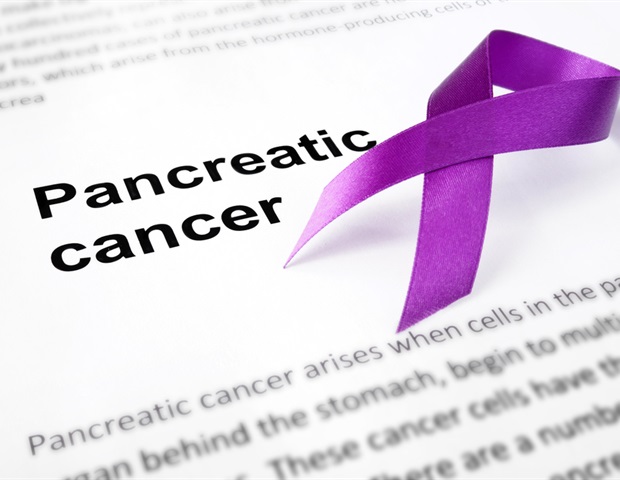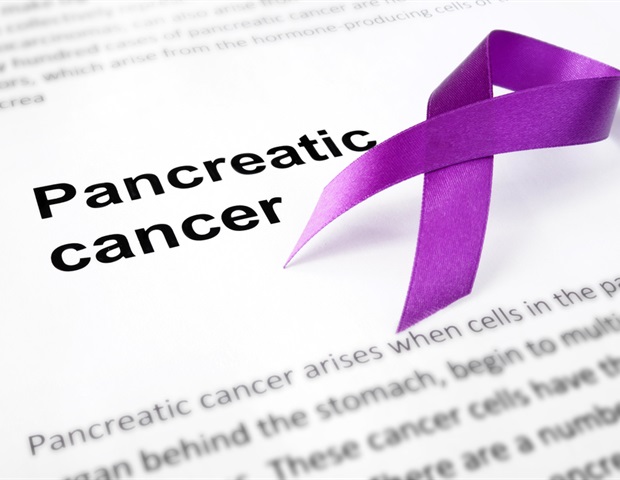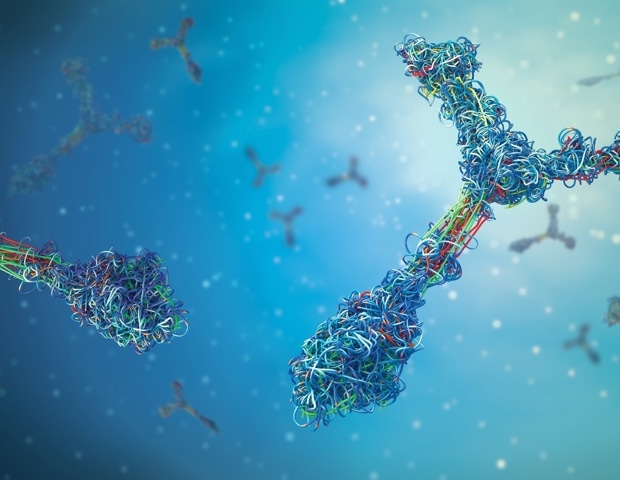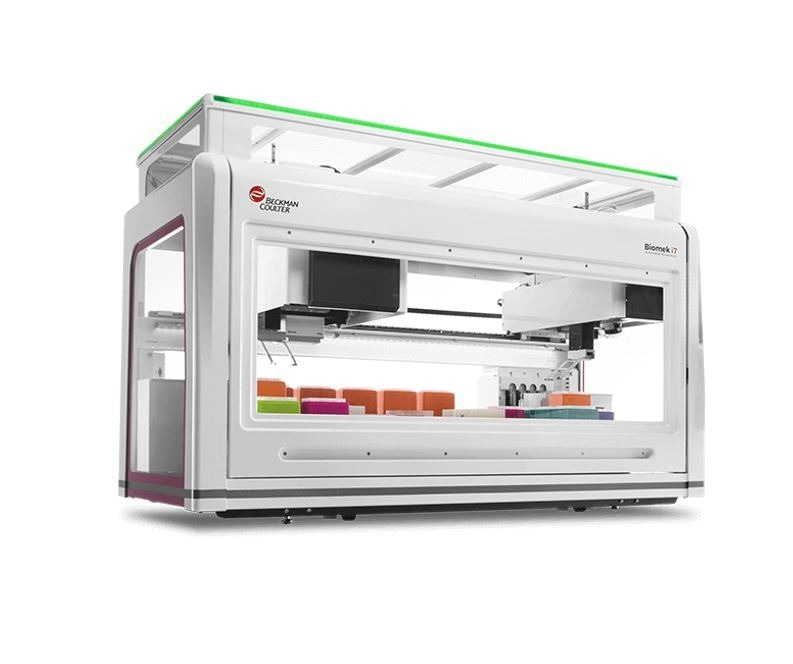
First author Cullen Taniguchi, M.D., Ph.D., passed away suddenly before the final publication of this study. A talented physician-scientist motivated by the impact of cancer on his own family, Taniguchi was committed to improving treatment options and outcomes for patients with gastrointestinal cancers as well as mentoring aspiring physicians and scientists.
“Dr. Taniguchi was a pioneer, committed to not accepting the low rates of survival in pancreatic cancer and transcending boundaries to improve outcomes,” said senior author Sarah Hoffe, M.D., of Moffitt Cancer Center. “His scientific innovation led to combining a novel drug with high dose stereotactic body radiation therapy, which has never been done before. Collaborating with Dr. Taniguchi and the entire MD Anderson study team during the pandemic to finish accrual in 2020 was an important milestone. Our pancreatic cancer community has lost a dedicated warrior, but we remain committed to his vision of not accepting the current standard in this dreaded disease.”
This press release is published to honor his dedication to this research.
A new Phase Ib/II study from researchers at The University of Texas MD Anderson Cancer Center and Moffitt Cancer Center found that combining sensitizing drugs with a specific form of radiation therapy may be more effective in patients with locally advanced pancreatic cancer, yielding a higher progression-free survival (PFS) and overall response rate (ORR).
A class of drugs known as superoxide dismutase mimetics effectively sensitized tumors to stereotactic body radiation therapy (SBRT), allowing safe delivery of higher radiation doses that can shrink tumors when surgery isn’t possible.
The study, published today in The Lancet Oncology, was led by the late Cullen Taniguchi, M.D., Ph.D., associate professor of Gastrointestinal (GI) Radiation Oncology at MD Anderson, and Sarah Hoffe, M.D., section head of GI Radiation Oncology at Moffitt.
Surgery currently is the only possible cure for pancreatic cancer, but only 10-15% of patients are eligible. However, there is a large number of patients, about 30-40%, with locally advanced disease that can’t be surgically resected. We’ve used radiation therapy for those patients, but we’ve known for some time that traditional dosing is not enough to achieve a meaningful response in most patients.”
Late Cullen Taniguchi, M.D., Ph.D., Associate Professor of Gastrointestinal (GI) Radiation Oncology at MD Anderson
The relatively recent introduction of SBRT in this setting has shown some promise. This technique uses a much more focused beam of radiation delivered over a shorter time frame, usually five days compared to several weeks with traditional radiation. With this technology, clinicians can shrink tumors more effectively, achieving more significant responses and allowing more patients to receive surgery.
Despite these improvements and SBRT helping patients survive longer with less disruption to their lives, it wasn’t a cure for most. Better outcomes require a higher dose of radiation delivered to the tumor, but scientists had to find a way to either reduce the effects of SBRT on normal tissue or to make the radiation more toxic to the tumor. Superoxide dismutase mimetics aim to do both.
For this study, clinicians combined recent advances in SBRT with a superoxide dismutase mimetic called avasopasem manganese as a new potential approach to sensitize tumors to SBRT. The trial evaluated efficacy and toxicity of SBRT plus placebo compared to SBRT plus avasopasem manganese.
Although the trial was not designed to compare arms, PFS was 12.4 months in the combination arm compared with 3.4 months in the placebo arm. The ORR was 88% in the treatment arm and 67% in the placebo arm.
Superoxide dismutase mimetics are synthetic forms of superoxide dismutases, enzymes that break down the byproducts of ionizing radiation therapy like SBRT. Ionizing radiation works by creating free radicals called superoxides, highly unstable atoms or molecules with unpaired electrons that react with other atoms and molecules, like DNA, damaging cells and preventing them from replicating.
In healthy cells, these superoxides are broken down by superoxide dismutases into oxygen and hydrogen peroxide. The latter can still be harmful, but normal cells can further break down hydrogen peroxide into water and oxygen. For reasons not yet fully understood, pancreatic cancer cells are not able to do this as well as normal cells, resulting in a buildup of hydrogen peroxide and death of the cancer cells.
When higher doses of radiation are given, the superoxide dismutase mimetics increase the ability of healthy cells to deal with the hydrogen peroxide, while simultaneously increasing its buildup in the cancer cells.
“This trial involved some of the highest doses of radiation ever given to pancreatic cancer patients, and it’s notable that even in the control arm these levels of radiation could safely be given with acceptable side effects,” Taniguchi said. “Still, we found there was a significant improvement in overall survival in the arm that received the avasopasem.”
The median age of the 42 trial participants was 71; 67% of patients were male, and 88% were white, with an average of 18 weeks of prior chemotherapy treatment. No dose-limiting toxicities and no treatment-related adverse events of grade three or higher were observed in either arm. Treatment-related adverse events of any grade were similar, at 83% in the treatment arm and 89% in the placebo arm.
Interim data from this study were presented at the American Society for Radiation Oncology (ASTRO) Annual Meeting in 2020.The results of this trial led to an expanded Phase II trial (GRECO-2) that recently closed.
This trial was supported by Galera Therapeutics. A full list of authors and their disclosures can be found with the full paper here.
Source:
University of Texas M. D. Anderson Cancer Center
Journal reference:
Taniguchi, C. M., et al. (2023) Stereotactic body radiotherapy with or without selective dismutase mimetic in pancreatic adenocarcinoma: an adaptive, randomised, double-blind, placebo-controlled, phase 1b/2 trial. The Lancet Oncology. doi.org/10.1016/S1470-2045(23)00478-3.
















